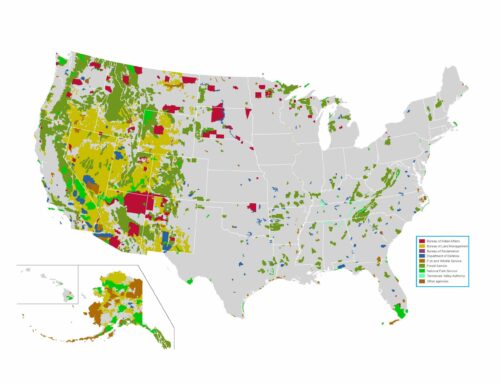by Greg Walcher, E&E Legal Senior Policy Fellow
As appearing in the Daily Sentinel
Julius Caesar is said to have coined the phrase “divide et impera,” which means divide and conquer. It was his successful war strategy against the Gauls, and it has been working for military generals, and for political opponents, ever since. On the battlefield, armies that are split up are smaller and easier to defeat. In politics, it is thought of as a political tactic, getting opponents to fight each other.
The phrase has a completely different meaning to Western Slope communities facing another congressional redistricting. Many characteristics still unite those diverse rural, mountainous, agricultural, and recreational counties, including the fact that they share a congressional district. Redistricting always causes Western Slope leaders to hold their breath, though, because being split into different districts means only one thing — representation by people from elsewhere.
The Constitution requires a census every decade, and reapportionment of the congressional districts allotted to states. The process is agonizing for Colorado every time, because the state has grown continuously from its earliest settlement, and district boundaries must always be redrawn, often adding another district. In 1876, Colorado was admitted to the union with a single member of the House of Representatives, elected at-large. But by the time of the 1890 census the state was granted a second district, 10 years later a third, and in another decade a fourth.






